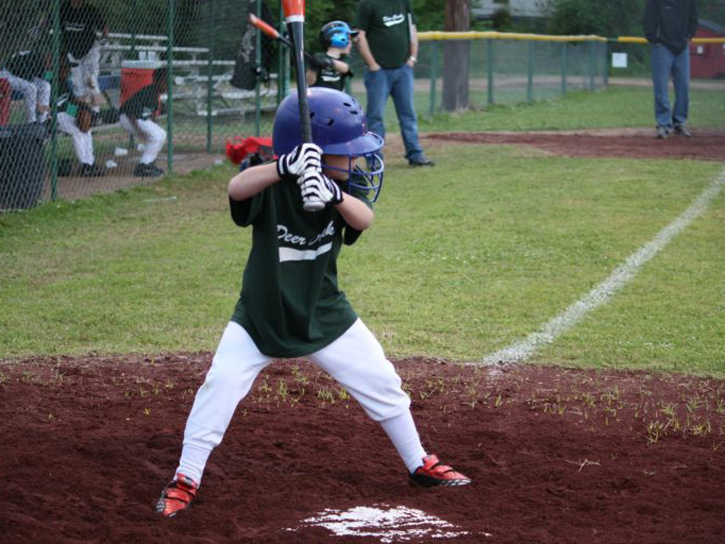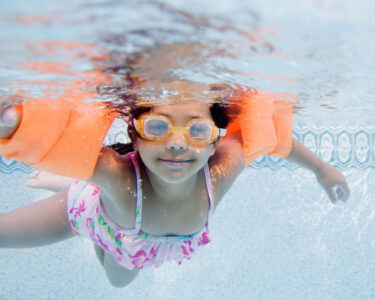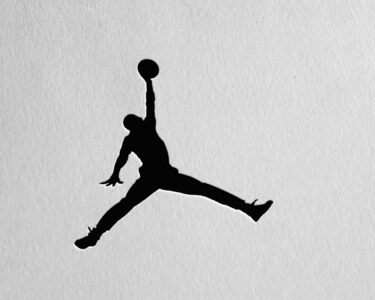With the start of another school year revving up, for parents of student-athletes, it’s also the start of new sports seasons. While participating in sports can be fun and exciting, there’s also a chance that an injury can occur. Although some accidents are unavoidable, proper preparation can go a long way in keeping student-athletes healthy. Here are six reminders for after-school sports safety.
- Inquire about the school’s sports medicine team.
Before your student-athlete begins to play this year, talk to the school about the qualifications of the sports medicine staff. Is there an athletic trainer? How qualified is this person? Will there be a professional or parent volunteer at every practice or game and what are the medical qualifications of each? Make sure that whoever is responsible for medical concerns has all the information about the individual needs of your child. - Ask if the equipment is up-to-date.
From field goal posts to wrestling mats, make sure that the school athletic equipment is in full working order. Improperly maintained equipment can be the source of injuries for any kind of athlete. Therefore it’s important to make sure that the school has the resources to keep equipment in top-performing condition. If they don’t, it might be worth buying the equipment yourself. For example, if your child is going paintballing, buy one of these awesome paintball masks to protect them. This includes medical equipment such as spinal boards and automated external defibrillators as well. - Find out the qualifications of the athletic staff.
Coaches and any volunteers associated with the school sports teams should be well qualified in their sport and in coaching youth players. Ask the school what kind of background checks are done to ensure the safety of your child and what standards athletic staff members are held to both as a coach and also as a member of the school staff. Each coach and volunteer on the field should have a complete understanding of the game and how to enforce the rules. - Know the emergency plan.
If there is a life-threatening injury or sudden severe weather on the field, does the school have a plan? In order to ensure the safety of all students and attendees of sporting practices and games, the school should have a well-thought-out emergency plan that covers possible scenarios. Ask to review the policy and inquire as to if the school is prepared to implement it if necessary. - Make sure your kids stay hydrated.
When your kids are out on the field in the humidity and South Florida heat, you better believe they will be sweating. It’s important that they replenish any lost fluids as dehydration can cause serious injury. Ensure they are drinking plenty of water and sports drinks to give them extra electrolytes and sugar that may be lost to activity. Also, be sure to educate them about staying away from dehydrating soft drinks and energy drinks. If your child isn’t asking for bathroom breaks while running around, it’s possible that they aren’t hydrated enough. Keep an eye out for additional signs of dehydration as well including dizziness, dry skin, headache, dry mouth, lethargy, and rapid heart rate. There might even be a case of no proper urinal facility (dividers, stalls, etc.) in the school. If that is the case, you might want to get talk in about replacement dividers and partitions during meets. - Prepare before the school year starts.
Before the school year starts, make sure your student-athlete has his or her physical examination completed and is approved by a doctor to play. Also, ensure that you purchase any safety-related equipment before your child participates in any sports activity. Don’t let your child use worn-out or ill-fitting equipment that could cause a significant injury. The best way to avoid a problem is to be prepared!
Injuries are most often the result of an accident, but sometimes they can be avoided. However, in some cases, serious sports injuries or even death can be the result of negligence. In these cases, the victim(s) may be entitled to recover compensation for economic and non-economic damages. As with any accident, it is important to contact an experienced personal injury attorney as soon as possible. At Panter, Panter, and Sampedro, we are dedicated to the safety of our community. We are here as a resource for parents and students with tips and reminders to stay safe and enjoy their time on the playing field or court.
The offices of Panter, Panter, & Sampedro are located at 6950 N. Kendall Drive. For more information, call 305-662- 6718, or visit PanterLaw.com.
References: Back-to-School Sports Safety & Injury Prevention. (n.d.). Retrieved from: medicalert.org/back to school Fall sports safety; When it Comes to Back to School Sports, Think Safety First: NATA Offers Vital Tips. (2017, August 07). Retrieved from: nata.org/NR08042017; Hydration. (n.d.). Retrieved July 12, 2018, from: healthy-kids.com.au/parents/children-hydration/hydration/









 Deering Estate
Deering Estate
 Massage Envy South Miami
Massage Envy South Miami
 Calla Blow Dry
Calla Blow Dry
 My Derma Clinic
My Derma Clinic
 Sushi Maki
Sushi Maki
 Sports Grill
Sports Grill
 The Healthy Kitchen
The Healthy Kitchen
 Golden Rule Seafood
Golden Rule Seafood
 Malanga Cuban Café
Malanga Cuban Café

 Kathleen Ballard
Kathleen Ballard
 Panter, Panter & Sampedro
Panter, Panter & Sampedro
 Vintage Liquors
Vintage Liquors
 The Dog from Ipanema
The Dog from Ipanema
 Rubinstein Family Chiropractic
Rubinstein Family Chiropractic
 Your Pet’s Best
Your Pet’s Best
 Indigo Republic
Indigo Republic




 ATR Luxury Homes
ATR Luxury Homes


 2112 Design Studio
2112 Design Studio
 Hamilton Fox & Company
Hamilton Fox & Company
 Creative Design Services
Creative Design Services
 Best Pest Professionals
Best Pest Professionals
 HD Tree Services
HD Tree Services
 Trinity Air Conditioning Company
Trinity Air Conditioning Company
 Cisca Construction & Development
Cisca Construction & Development
 Mosquito Joe
Mosquito Joe
 Cutler Bay Solar Solutions
Cutler Bay Solar Solutions


 Miami Royal Ballet & Dance
Miami Royal Ballet & Dance
 Christopher Columbus
Christopher Columbus
 Pineview Preschools
Pineview Preschools
 Westminster
Westminster
 Carrollton
Carrollton
 Lil’ Jungle
Lil’ Jungle
 Frost Science Museum
Frost Science Museum
 Palmer Trinity School
Palmer Trinity School
 South Florida Music
South Florida Music
 Pinecrest Orthodontics
Pinecrest Orthodontics
 Dr. Bob Pediatric Dentist
Dr. Bob Pediatric Dentist
 d.pediatrics
d.pediatrics
 South Miami Women’s Health
South Miami Women’s Health

 The Spot Barbershop
The Spot Barbershop
 My Derma Clinic
My Derma Clinic




 Miami Dance Project
Miami Dance Project

 Rubinstein Family Chiropractic
Rubinstein Family Chiropractic
 Indigo Republic
Indigo Republic

 Safes Universe
Safes Universe
 Vintage Liquors
Vintage Liquors
 Evenings Delight
Evenings Delight





 Atchana’s Homegrown Thai
Atchana’s Homegrown Thai
 Baptist Health South Florida
Baptist Health South Florida

 Laser Eye Center of Miami
Laser Eye Center of Miami
 Visiting Angels
Visiting Angels
 OpusCare of South Florida
OpusCare of South Florida

 Your Pet’s Best
Your Pet’s Best





 HD Tree Services
HD Tree Services
 Hamilton Fox & Company
Hamilton Fox & Company


 Creative Design Services
Creative Design Services